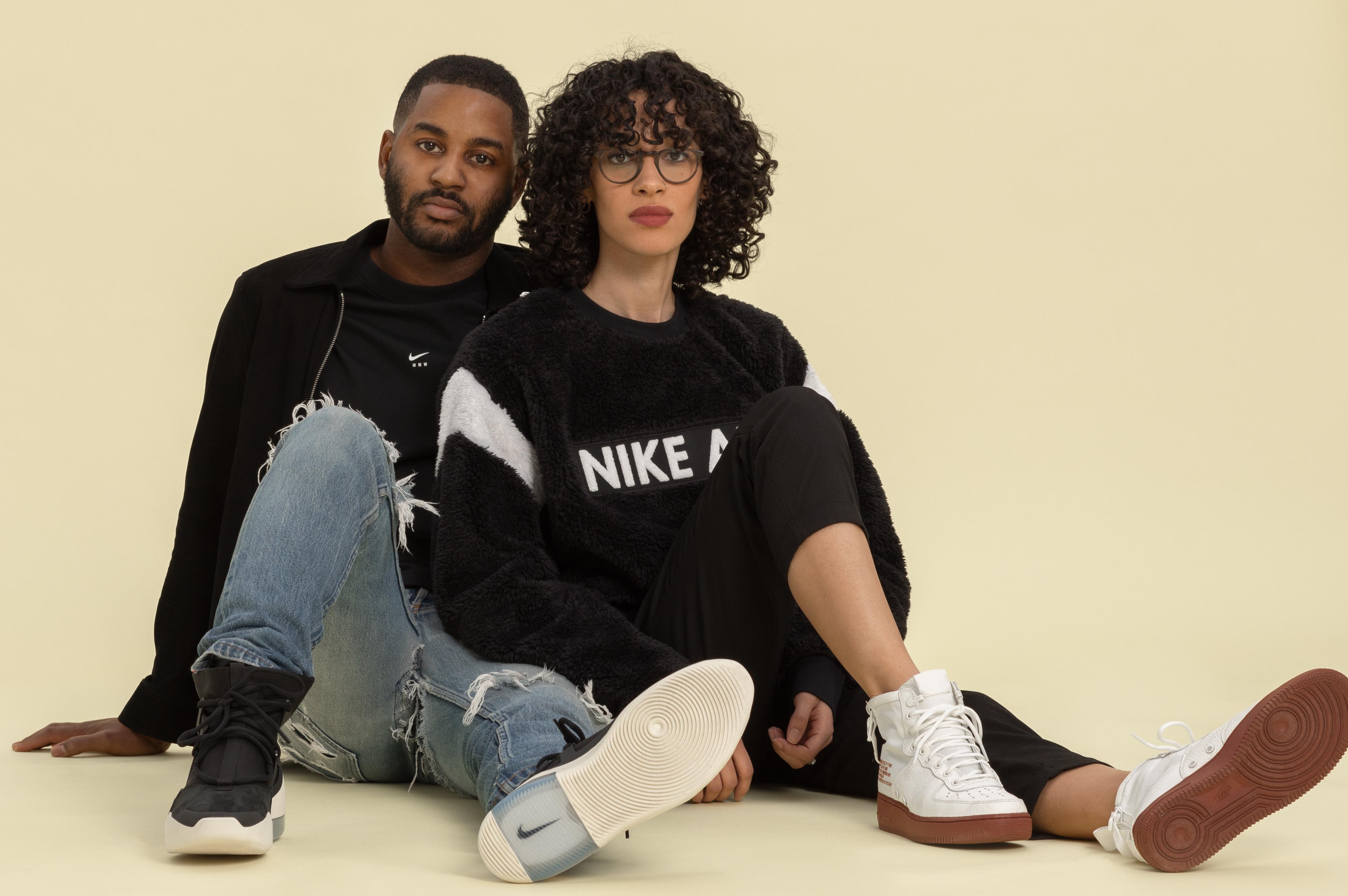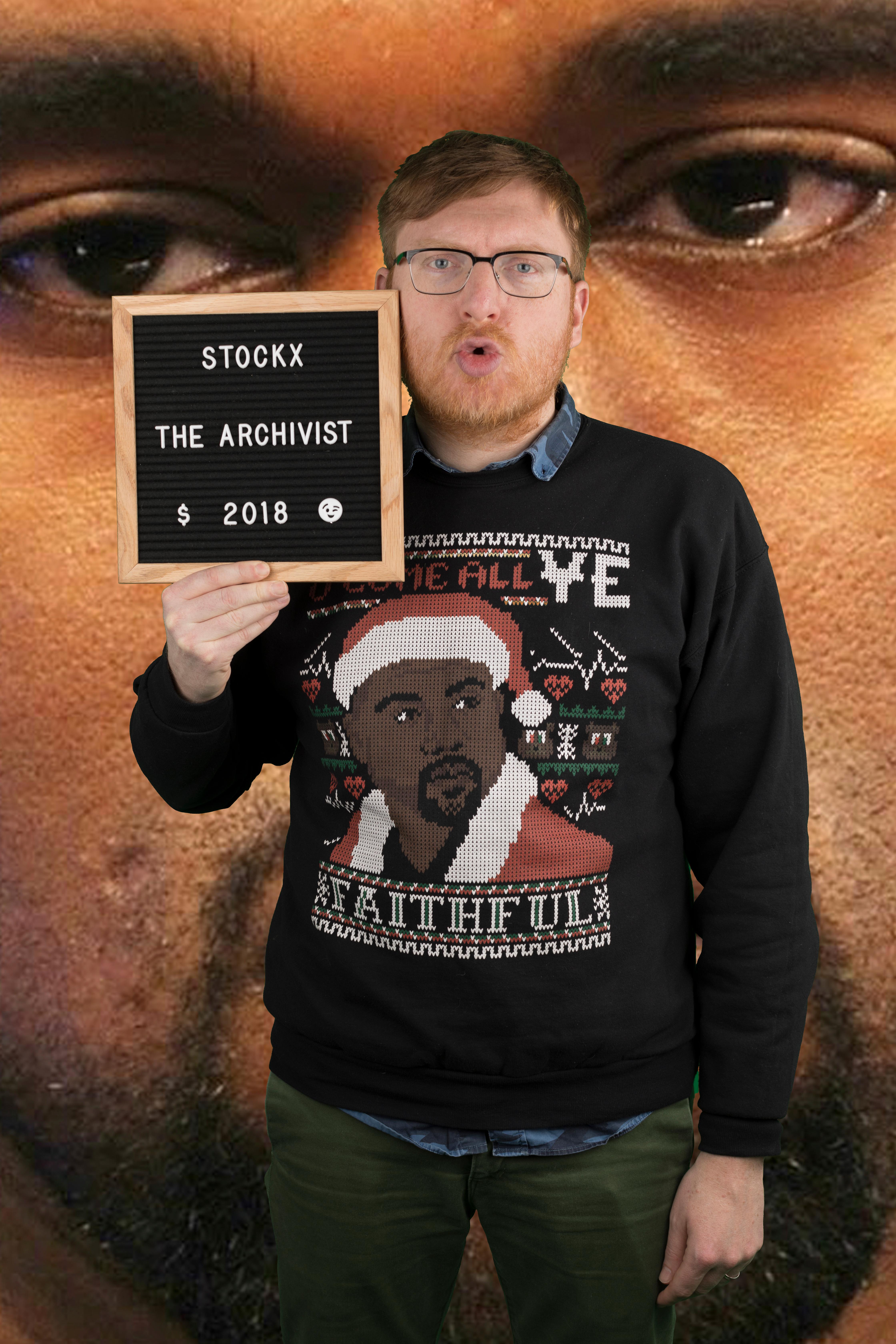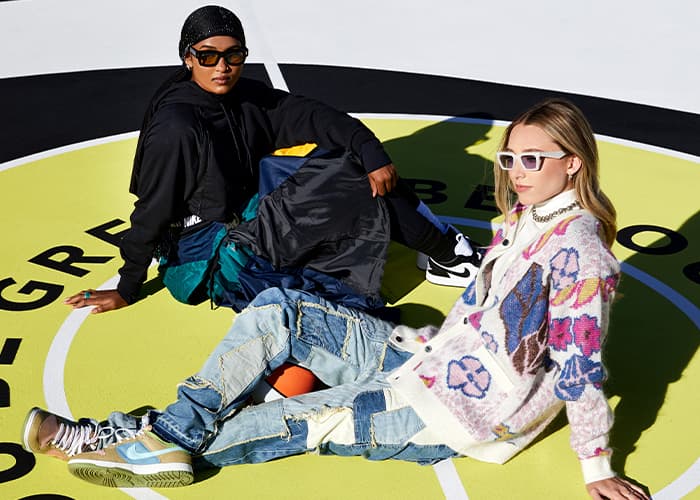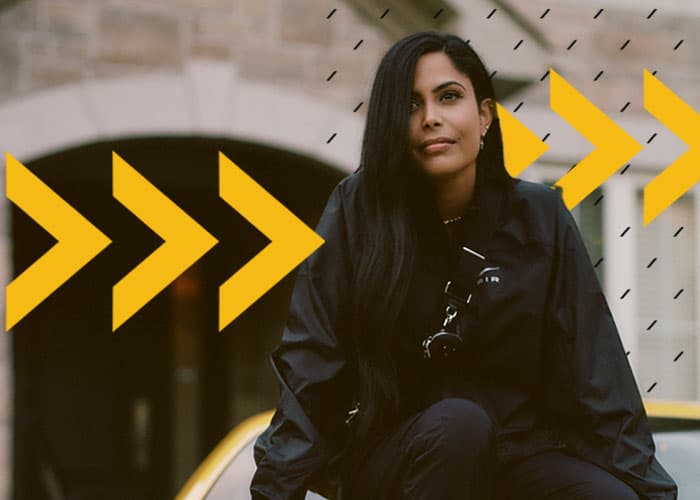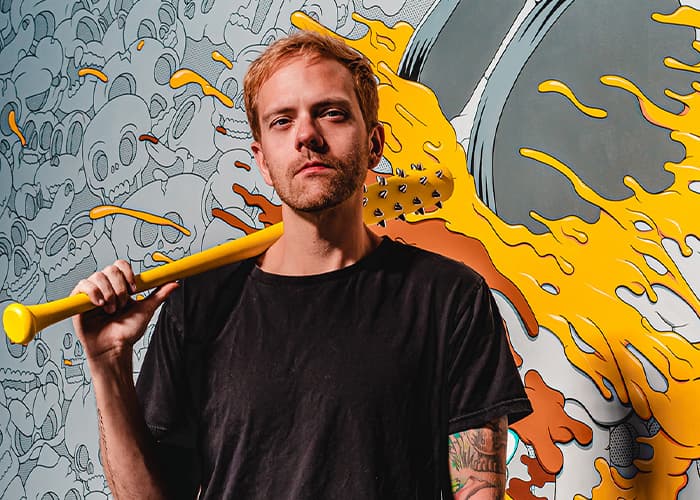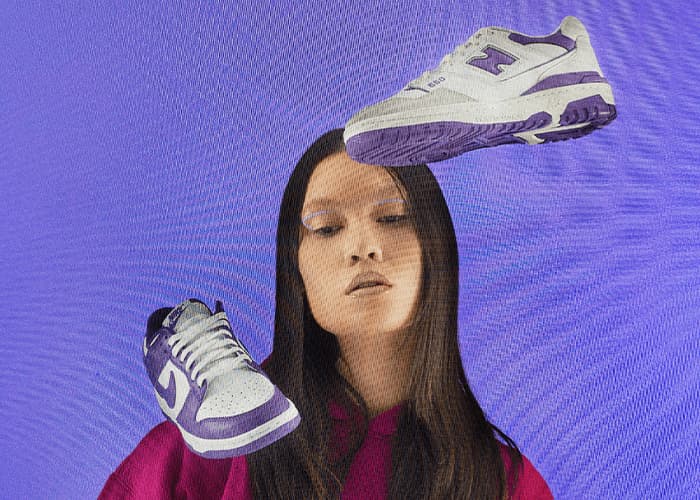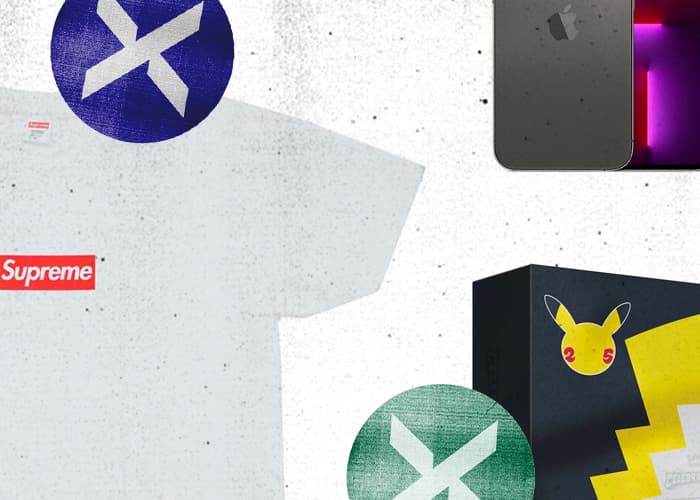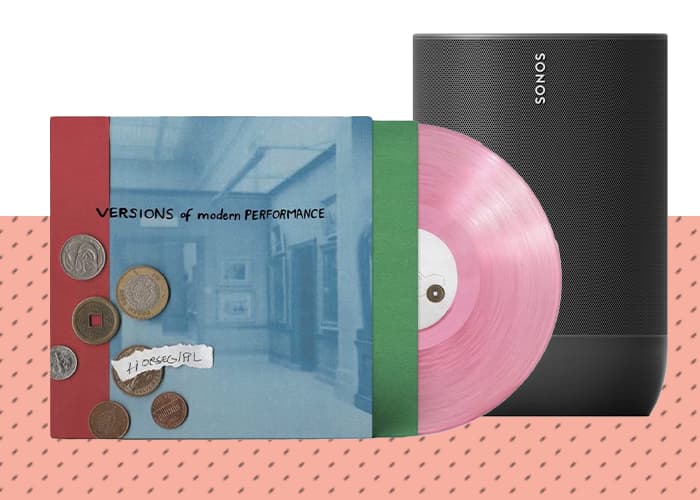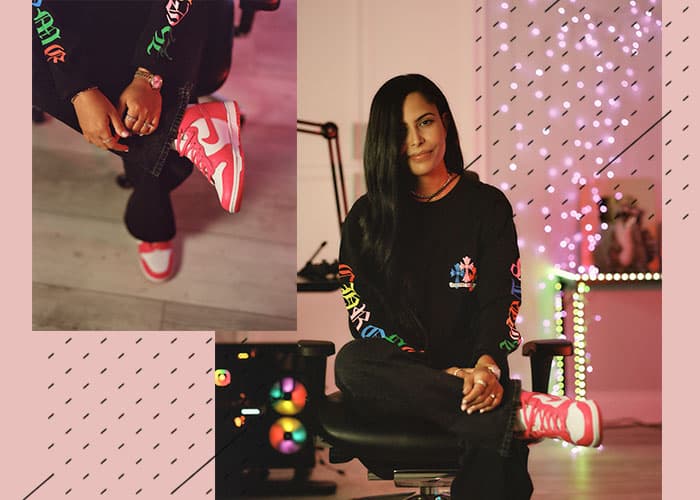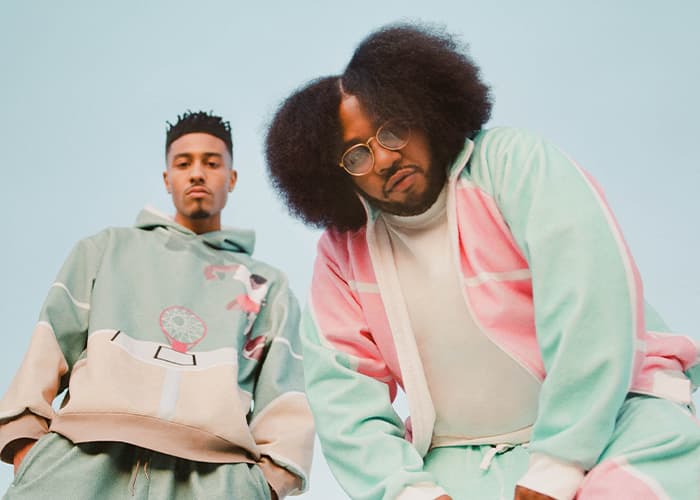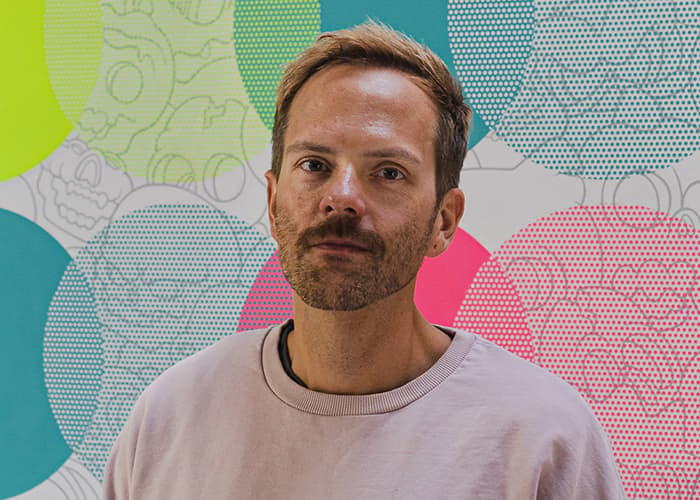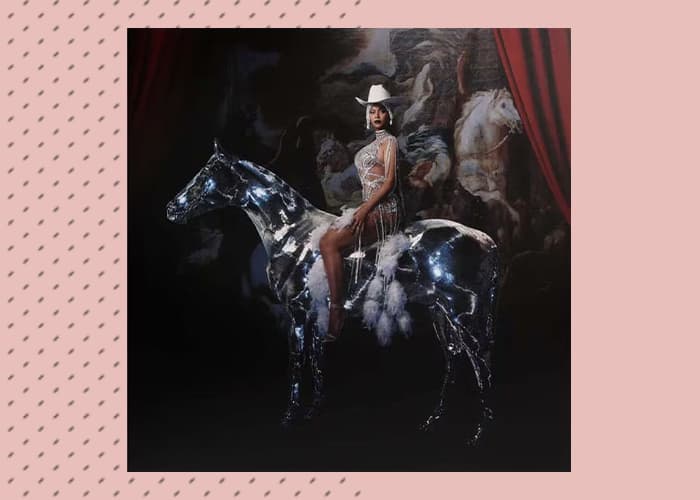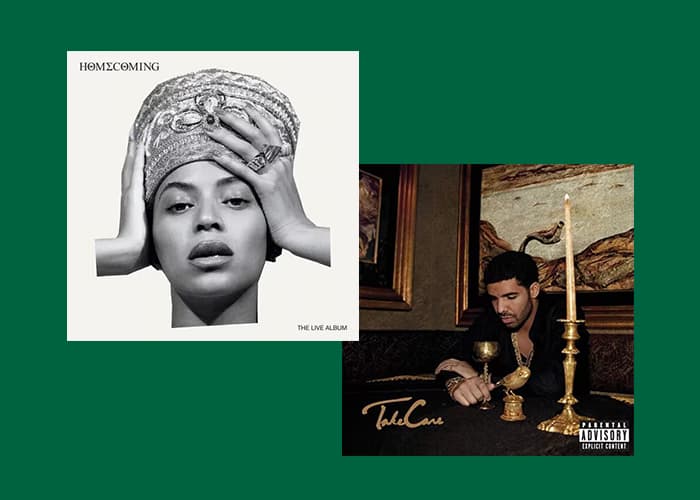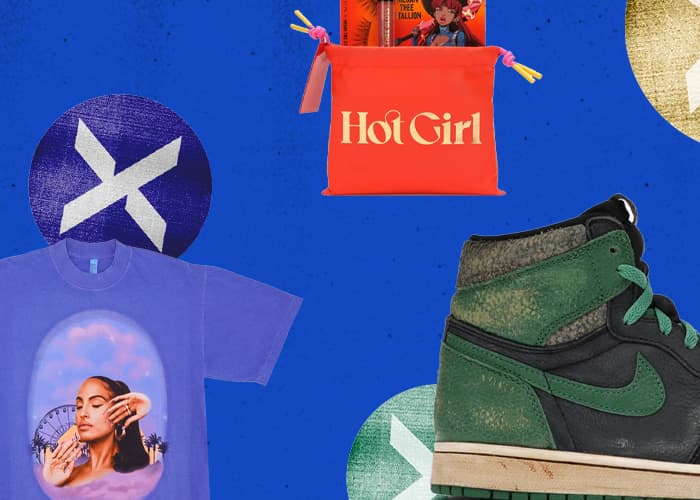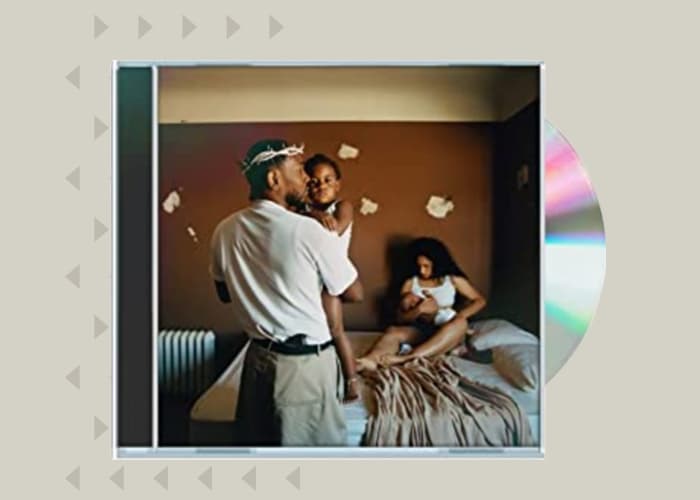Sebastian and Gabrielle Jackson form the husband-and-wife team behind The Social Club Grooming Co., based in Detroit. The simple, yet elegant, idea behind The Social Club was to take the community place created by the neighborhood barbershop and scale it into a globally-minded enterprise encompassing culture, style, fellowship, and community action. For the last seven years, the Jacksons have worked hard to create an inclusive business and brand that promotes their egalitarian brand of entrepreneurship to Detroit, the NFL, the world of Edtech, and beyond.
The following interview has been lightly edited for length and clarity.
Would you please introduce yourselves?
Gabrielle Jackson (GJ): My name is Gabrielle Jackson, I’m the co-owner of The Social Club Grooming Company. We have two locations, and we’ve been for seven years.
Sebastian Jackson (SJ): I’m Sebastian, the founder of The Social Club Grooming Company. It’s a barbershop and community space dedicated to bringing people together around haircuts and conversation. Historically, the barbershop has been a community hub, and we’re trying to take that to the next level by breaking down racial and gender barriers through conversations that happen in the barbershop.
Where did you grow up, and what was it like?
SJ: I grew up all around Michigan. I was born in Flint. I moved to Detroit when I was around three. Then, I moved to Kalamazoo, then back to Flint, then to Kalamazoo, back to Flint, and then back to Detroit. I grew up all around Michigan. My parents were divorced, so I bounced around a lot. It was good, though. I learned and saw a whole lot, from experiencing poverty to being more middle class. It was these experiences that made me want to create a brand that connected with how I grew up and was able to talk to all different types of people.
GJ: I grew up in Southfield [Michigan]. It was “suburbia,” but it was good. I had family that lived in Detroit, so I got to see both sides of things: the city and the suburbs.
What’s your most vivid memory from growing up?
GJ: Just playing outside. There were a lot of kids who grew up in my neighborhood, and we spent a lot of time playing and going back and forth between each other’s houses.
SJ: Learning how to sell product. My mom suffered from mental illness when I was growing up, so my brother and I had to learn to fend for ourselves. We never sold any illegal products, though. Our relatives from Kalamazoo would give us gifts and buy us things, and we would end up flipping the stuff, sometimes clothes, sometimes video games, to kids in Flint. I realized I’d rather eat than have the game or the shirt or whatever. We would sell the clothes or whatever and then buy some quarter water or penny candies to try and flip and make more money. I think that was my introduction to entrepreneurship and realizing I could take care of myself.
How did the two of you first meet?
GJ: It’s a funny story. The space that we own now used to be another salon. We didn’t own it, and Sebastian rented space as a barber. At the time, he and his girlfriend had a t-shirt company. I was dating this guy that wanted some t-shirts. The guy didn’t live locally, so he wanted me to pick up some shirts. I went to the salon and got the shirts and thought, “Ok, Sebastian’s good looking.” So I Facebook-stalked him and added him as a friend. We started talking on Facebook, hanging out as friends, and Sebastion broke up with his girlfriend. Then we just started hanging out all the time.
SJ: I met Gabby a couple of times before she met me [laughs]. We had friends in common, and I was introduced to her a couple of times. But yeah, she came into the barbershop I worked at looking to buy a sweatshirt or t-shirt. It was actually the place I now own. Yeah, she came into the shop to buy a shirt for another dude, and the rest is history [laughs].

How did you get into the barber game?
SJ: I’ve been cutting hair since I was 15 years old. We opened The Social Club 10 years after that. In between that time, I became really confident and good at cutting hair. I built up a book of business on campus while studying journalism and public relations at Wayne State. I was cutting hair in my dorm room, and in my apartment later on. I did an apprenticeship on seven mile, and I learned how to cut hair professionally. I realized there was a need for a lot of students on campus who didn’t feel comfortable driving over to seven mile, or they’re not from Detroit and they don’t know how to get there. So I just thought it was a good idea to open up a barbershop on campus.
I would always say it would be dope if somebody opened up a barbershop on campus, and then somebody did. It was called Salon X, and that’s where Gabby and I met. I ended up managing the place, pretty much running it, like a general manager. I learned the business front to back, and inside and out over three years of working there.

Where did the idea for The Social Club come from?
SJ: I learned all the things that were left on the table, all the things that the previous owner didn’t want to tap into when I was at Salon X. I saw so many gaps, and I started to think about what I would do differently. So I began to draw up business plans about making a place that was more than a barbershop, more of a gathering spot. That’s kind of where The Social Club came from the need of students wanting haircuts on campus but also looking for a place to belong.
How do you two work together? Are their boundaries and division of responsibilities you both follow?
GJ: So when we first started The Social Club, we were already married, but I was working as a quality control engineer for a tier-three automotive company. It wasn’t that fulfilling, and I wanted to be involved in The Social Club because it was something we would own instead of building something for someone else. Also, Sebastian needed help to build it, and we needed a front desk person that we couldn’t necessarily afford. So while I was working as an engineer, I got a promotion and started saving all the extra money I was earning because of my promotion. I saved for like eight or nine months and then quit my job and went to work with Sebastian fulltime.
SJ: I cut hair and studied journalism and PR. Gabby studied engineering. Between the two of us, we have a creative side and an operational side. As we were building this massive book of business and doing all this cool stuff, it was super unorganized and inefficient. It didn’t feel like a business; it felt like a hustle. Gabby helped turn that hustle into an operation. That’s the separation of work: the organization side, and the creative side.
What’s your first memory of going to a barbershop?
SJ: For me, it was in Flint, for sure. It was this place called Dr. Skinners in Flint. It was the first barbershop that I had an affinity for. You’d go in there, and there were all these African kings on the wall, and it was just a place that created a real sense of community. I didn’t like the long wait, but a long wait in the barbershop felt less bad than the long wait in church. We would be in church for three hours, and it was horrible, but three hours in the barbershop wasn’t that bad.
GJ: My first memory of the barbershop was probably from high school and going with my boyfriend at the time to get his hair cut. So it was just me chilling, waiting, and watching my then-boyfriend get his haircut.

The Social Club is designed to be a very inclusive space, but when I hear “barbershop,” I immediately think of a masculine space. How does The Social Club work to make the barbershop a place and space for everyone?
SJ: The way we have tackled the problem of inclusivity is by being inclusive in the way we hire. We hire women; we hire black me; we hire white women; we hire black women. Then that lets the community know who’s welcome. People see themselves represented in the barbers, and they feel secure about getting in the chair.
What are some of the different projects and initiatives The Social Club has put together?
SJ: When we started “Shop Talk” [The Social Club’s barbershop conversation series] back in 2013 or 2014, we started it to bring in cultural leaders. We had access to a lot of these individuals when we started The Social Club, so we created “Shop Talk” to give our community access to these cultural leaders. This idea led to an opportunity for brands to leverage our barbershop from an influencer marketing perspective. We started having people like Jeff Staple, DJ Clark Kent, and Mark Anthony Green and so many great people, that it led to more opportunities. “Shop Talk” led me to be able to guest lecture at a few universities, with Harvard Business School being the biggest opportunity. Shinola noticed us from my Harvard speaking opportunity, and that led to them wanting The Social Club to help activate their stores around the country. So we took “Shop Talk” on the road.
How were you able to forge a partnership with the NFL?
SJ: We were able to foster a relationship with the NFL because we saw the problem the league was having communicating with their player community. We felt the barbershop could be the right backdrop to have an open, honest dialogue between two communities that didn’t want to, or know how to communicate with each other. So we did a closed-session “Shop Talk” for the NFL during the Super Bowl.
One of the coolest things about The Social Club is your mobile barbershop. How did you come up with that?
GJ: For the Super Bowl, the “Shop Talk” was taking place in a hotel ballroom. Of course, that’s not a barbershop, so we built a barbershop. It’s a three-chair barbershop that can be broken down and shipped anywhere. It allows us to have a pop-up barbershop anywhere and set the scene for a “Shop Talk.”
So The Social Club makes sure everybody gets the right look from the neck up; StockX handles everything from the neck down. What is your connection to the products and the culture of StockX?
SJ: I was definitely into sneaker culture and streetwear. But to be honest, as an entrepreneur, I’m into all these things, but I haven’t bought a pair of luxury sneakers or anything like that because I’m investing so much energy and resources into our barbershop. That’s going to be shifting because we’re starting to be in front of the camera. Now our whole thing is: look good, feel good, do good. I think it’s going to be worth it for us to invest in it.
GJ: When I was single and didn’t have kids, I had all the sneakers. I had so many shoes. As we started to build, basically the entire time that we’ve been together, we’ve been building the business, having kids, and buying a house, doing all these things. We just haven’t had the opportunity to commit to putting money towards the finer things. But it’s something we’re still involved in; we definitely still follow the trends.

What’s the connection between style, fashion, and getting the right cut at the barbershop?
SJ: I’ve heard that it’s the shoes and the haircut for guys. If either one of those things isn’t proper, then you’re [women] not going to fuck with them [laughs].
GJ: Yeah. It’s definitely like if a man has a nice clean haircut, and especially nowadays with the beards, you’ve got to keep it right and keep it tight. Also, the shoes, the outfit, everything, the whole package is important. As a woman, you know your style, so if you see someone that kind of matches your vibe, you feel like you could maybe have a connection.
SJ: Historically, the barbershops have not only served as a place for getting a haircut and connecting with people, but barbers have also acted as psychotherapists, accountants, financial advisors, or family counselors. They’re also the plug, the community plug. So if you needed a pair of sneakers, the barber knows someone who works at Champs corporate, who can get you this, that, and the other. So there’s always been a synergy between fashion, barbering, and overall style. Your haircut is just as much a part of your style as the clothes or sneakers you wear, period.
Have people asked for sneaker-inspired cuts when they come in for a haircut?
SJ: Yes, people ask for Nike signs and different designs for their hair. They want a different look to represent who they are, just like the clothes they wear. People trade sneakers for haircuts, too. People will come into the shop, and you might say, “Yo, those are crispy. What are those?” Next thing you know it becomes something like, “I’ll give you three haircuts for those shoes.”
What does success look like for you both? How will you know when you’ve made it?
SJ: Success will be measured according to a few things: business and personal success. Our barbershop is made up of barbers we’ve made promises to. So our success is their success. The way we’ve defined success is everybody being able to earn a living wage and have benefits. So when we can offer benefits to our team that go beyond earning 50 or 60 grand a year, having insurance, and we know that our staff is taken care of, then that’s one form of success. I measure success by having the freedom to raise our kids and help them become who they want to be. Building the resources that we can now for our kids, so they don’t have to work in fear is personal success.
GJ: In addition to having benefits and all those types of things, it’s also about providing growth opportunities, too. If they want to own their own shop, we want to be able to support them and help them do that. We want to be able to support them and help them grow.
Anything else that people should know?
GJ: Come get a haircut [laughs]. We’re always looking for barbers.
SJ: If people are reading this want to have The Social Club’ “Shop Talk” come to their town, we’d be interested in knowing that [contact The Social Club].
Last thing: anything else I should have asked?
SJ: I think you got it.
GJ: No, I can’t think of anything.


